Swimming Pool Thermometer
A swimming pool thermometer is a crucial tool for monitoring water temperature, ensuring comfort, safety, and optimal chemical balance in pools. Whether for residential, commercial, or public pools, these thermometers provide valuable insights into water conditions, aiding in proper maintenance and enjoyment of the pool environment. This detailed description covers the various types, benefits, features, and considerations when choosing a swimming pool thermometer.
Types of Swimming Pool Thermometers
Swimming pool thermometers come in different types, each offering unique features and benefits:
- Floating Thermometers: These are the most common type, designed to float on the water surface. They typically have a string or cord attached to prevent them from drifting away.
- Digital Thermometers: These provide precise temperature readings digitally and often come with additional features such as memory recall, temperature alarms, and sometimes even wireless connectivity for remote monitoring.
- Submersible Thermometers: These are designed to be fully submerged in the water for continuous temperature monitoring. They usually have a probe that can be placed at different depths in the pool.
- Infrared Thermometers: These measure surface temperatures without coming into direct contact with the water, providing quick and non-invasive readings.
Features and Benefits
Swimming pool thermometers offer several benefits that enhance pool management and user experience:
- Temperature Monitoring: Accurately measures water temperature, ensuring it remains within a comfortable range for swimmers.
- Chemical Balance: Water temperature affects the efficacy of pool chemicals like chlorine. Monitoring temperature helps maintain proper chemical balance for effective disinfection.
- Safety: Ensures water temperature is safe for swimmers, preventing discomfort or health risks associated with water that is too cold or too warm.
- Efficiency: Helps optimize heating and cooling systems by providing real-time temperature data, enabling energy-efficient operation.
- Maintenance: Early detection of temperature fluctuations can indicate issues with equipment (e.g., heaters) or leaks, preventing costly repairs.
Choosing a Swimming Pool Thermometer
Consider the following factors when selecting a swimming pool thermometer:
- Accuracy: Look for thermometers that provide accurate readings within a specific tolerance range, ensuring reliable temperature monitoring.
- Type: Choose a thermometer type that suits your preference and needs (floating, digital, submersible, or infrared).
- Durability: Opt for thermometers made from durable materials such as ABS plastic or stainless steel that can withstand outdoor conditions and chemical exposure.
- Readability: Ensure the thermometer has easy-to-read markings or a digital display that is visible both in daylight and at night.
- Additional Features: Consider extra features like temperature alarms, memory recall, and connectivity options if desired for enhanced monitoring and convenience.
Installation and Use
Using a swimming pool thermometer is straightforward:
- Placement: For floating thermometers, simply place them in the pool water and allow them to float freely. Ensure the thermometer is positioned away from pool jets or areas with direct sunlight for accurate readings.
- Calibration: Some thermometers may require calibration to maintain accuracy. Follow manufacturer instructions for calibration procedures if necessary.
- Maintenance: Regularly clean the thermometer to remove debris and ensure accurate readings. Store digital thermometers properly when not in use to preserve battery life.
- Monitoring: Check the thermometer regularly to monitor water temperature trends and make adjustments to pool heating or cooling systems as needed.
Safety and Considerations
Ensure safety and longevity with these considerations:
- Waterproof Design: Choose thermometers specifically designed for pool use to ensure they are waterproof and resistant to chemicals.
- Child Safety: Keep thermometers with cords or strings out of reach of children to prevent accidents.
- Battery Replacement: For digital thermometers, replace batteries as needed to maintain continuous operation.
- Storage: Store thermometers properly during winter months or when not in use to prevent damage from freezing temperatures.
Conclusion
A swimming pool thermometer is an essential tool for maintaining optimal water conditions, ensuring comfort, safety, and efficient pool operation. By monitoring water temperature accurately and consistently, pool owners and operators can create an enjoyable and safe swimming environment. Whether choosing a floating, digital, submersible, or infrared thermometer, understanding its features, installation, and maintenance requirements ensures effective use and longevity. With proper monitoring and maintenance facilitated by a reliable swimming pool thermometer, pool enthusiasts can enjoy their aquatic experiences to the fullest.









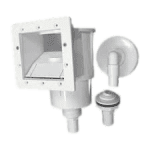


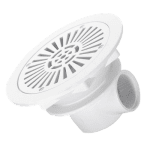





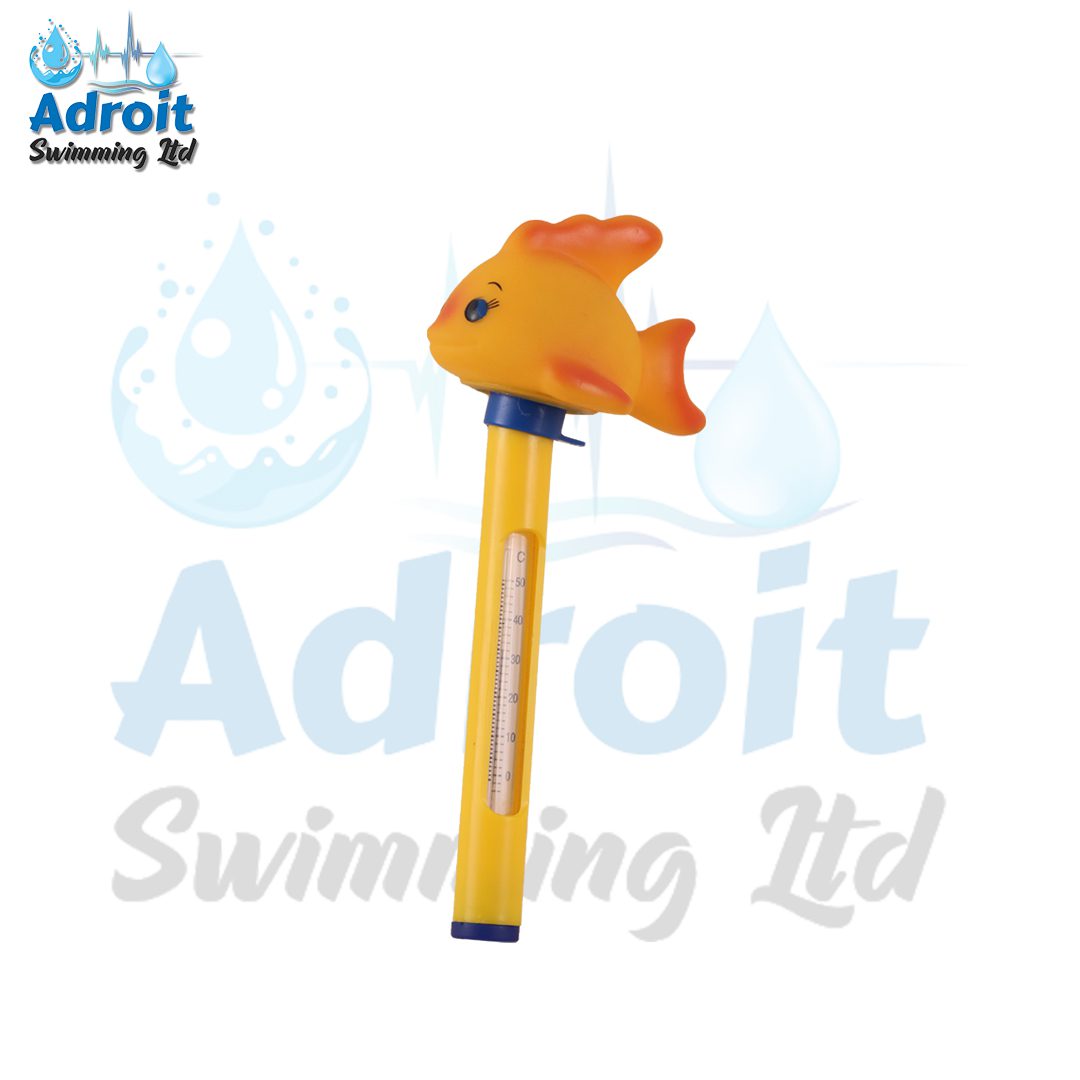
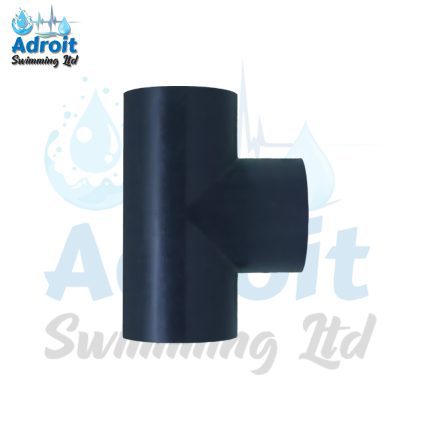
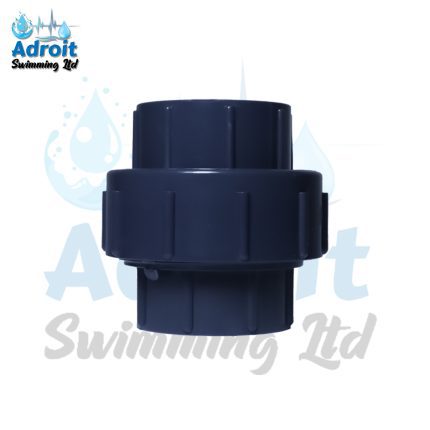
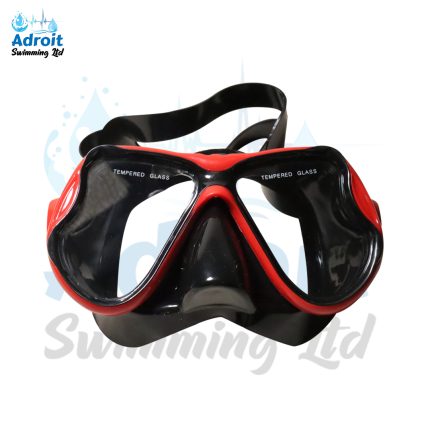
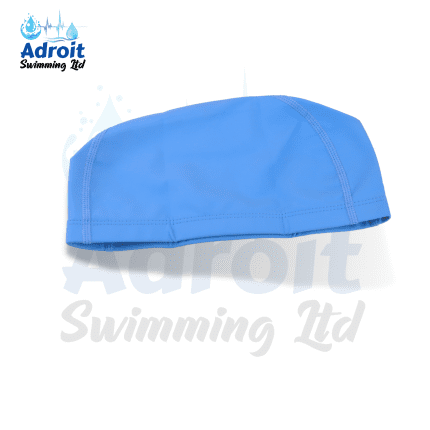
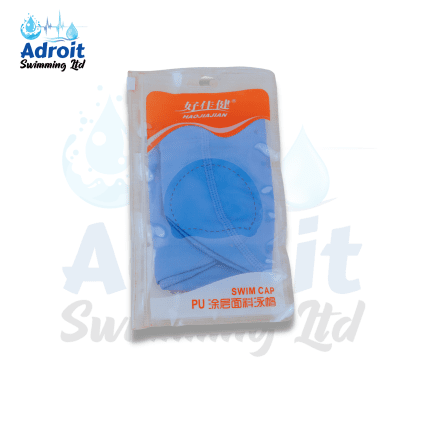
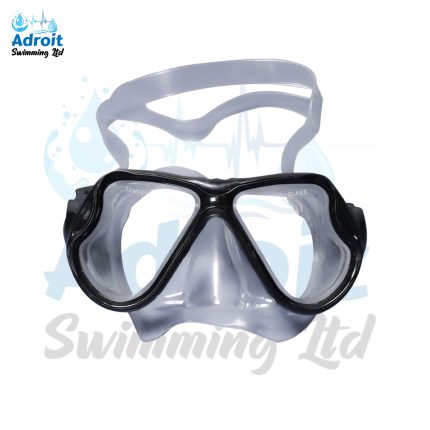
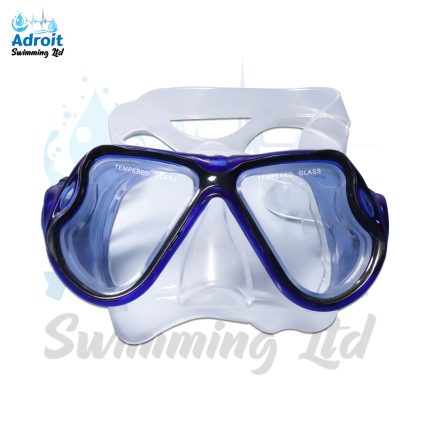
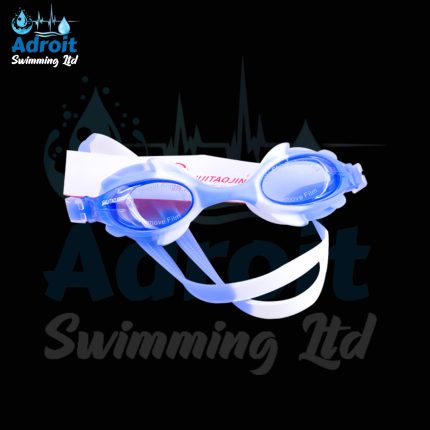
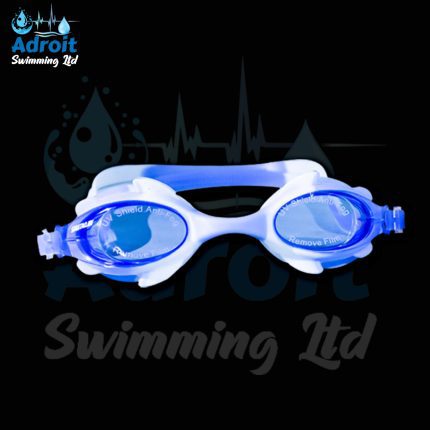

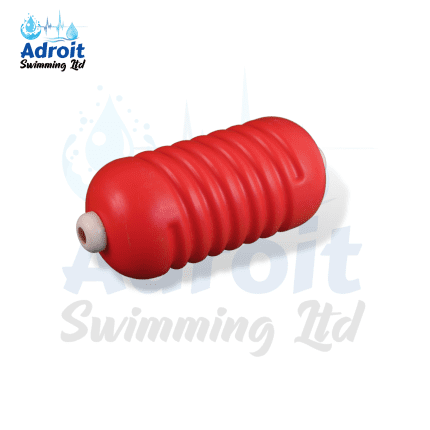
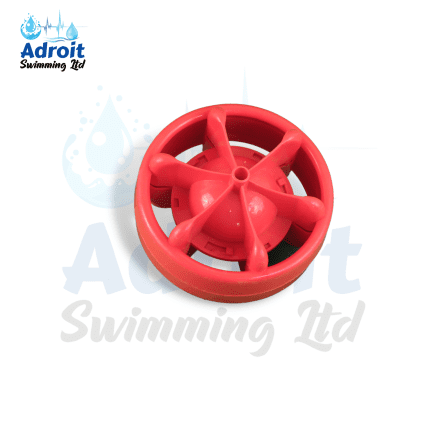
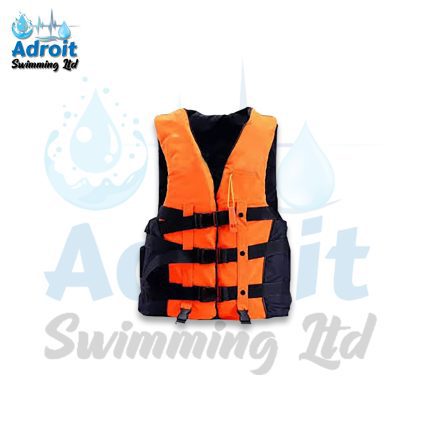
Reviews
There are no reviews yet.